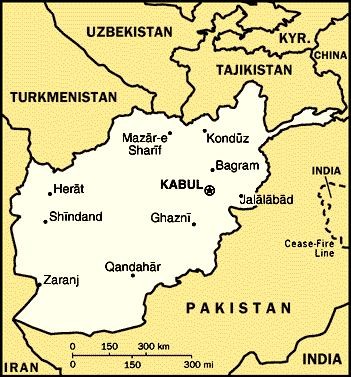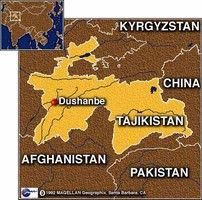DUSHANBE (TCA) — The Council of Ulema (a body of Muslim scholars who are recognized as having specialist knowledge of Islamic law and theology) of the Islamic Center of Tajikistan has issued a statement accusing Iran of attempts to destabilize the situation in Tajikistan, Tajik Avesta news agency reported. The statement was published on May 23 on the official website of the State Committee of Religion and Regulation of Traditions, Festivities and Customs. “Iran has been involved in the destabilization of the situation and in bloody events in Afghanistan, Iraq, Syria, and Yemen, and now, through its several provocateurs, wants to destroy peace in Tajikistan,” the statement said. “We are sure that Iran, for the sake of its interests and ambitions, seeks to sow discord, and, having achieved its goal, passes the matter into the hands of the enemies of Islam and Muslims,” the statement stressed. The statement also refers to a documentary, prepared by Tajikistan’s Interior Ministry and shown on Tajik television in August 2017, which accused Iran of the involvement in sparking the civil war in Tajikistan in the 1990s. The statement also blamed Iran for funding Muhiddin Kabiri, the leader of the banned Islamic Renaissance Party of Tajikistan (IRPT). At a meeting with the public and Muslim clerics on May 15, Tajikistan President Emomali Rahmon accused the leadership of the banned IRPT of adoption of the Shia Islam and their desire to thrust Shia Islam upon Tajikistan. The Council of Ulema statement comes after some 50 people gathered outside the Iranian Embassy in Dushanbe on May 21 to protest Tehran's alleged support for the Islamic Renaissance Party of Tajikistan. The demonstrators, mostly young people, were carrying signs saying, "We don't want to relive the events of 1992-2000," which referred to Tajikistan’s civil war, RFE/RL's Tajik Service reported. Another placard read, "Down with Kabiri," in an apparent reference to IRPT exiled leader Muhiddin Kabiri, who is in self-imposed exile abroad. Tajikistan banned the IRPT in 2015 as a “terrorist organization” and imprisoned dozens of its officials and members. Until then, the IRPT had been the only legal Islamist party in Central Asia. Relations between Iran and Tajikistan have worsened amid accusations by Dushanbe that Tehran has been offering support to exiled IRPT members. In particular, Tajikistan was angered by Tehran's decision to invite Kabiri to an international Islamic conference that took place in Iran in December 2015, after the IRPT had been declared a "terrorist" group by the Tajik authorities. Last year, Tajik authorities accused Iran of being behind high-profile assassinations in Tajikistan during the Tajik civil war in the 1990s.




